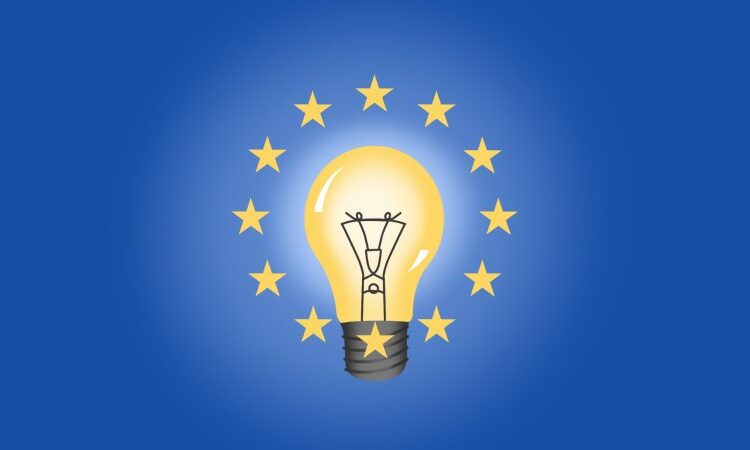
I remember the first time I accessed the internet as a young student in Paris in the 90s. What we had at the time was a modest version of the internet we have today, but I remember the feeling I had connecting with people for the first time, and accessing what seemed like the world of information. It was thrilling and exciting to a young student like me. Still, I could never have imagined how technology would become so important and transformative to our way of life.
Karen Massin is the Head of Public Policy at Google.
As we all now know, the internet has become an integral part of daily life for most of us. It has opened up a wealth of opportunity- providing access to information, new forms of entertainment and a way to connect with family and friends, no matter where they are. But with these opportunities have also come new challenges to how we organize ourselves as a society.
At Google we always try to focus on the user’s needs. This is why as part of the Google Safety Engineering Center, we recently worked with the research company IPSOS to help us understand the lived reality of Europeans online. What we found is that people continue to use the internet more and more- about half of those that we asked access the internet more than 10 times a day- and most people’s experiences were generally good with people agreeing that the internet is a place to discover new information. We also saw that people across Europe have a clear-eyed view of the potential for harm too. And they want the work of making the internet safer to continue.
The survey told us interesting details about the current challenges of the internet. At least 3 in 4 are concerned about the Internet being used to spread harmful content and there was also a sizable minority who still found it difficult to identify misinformation – especially in Belgium and France. We also found on the important topic of cybersecurity- 4 in 10 of those surveyed say they were a victim of some form of cyber crime. Even more people say they have friends or family who have been victims. It’s clear, the work the EU is doing on the Code of Practice on Disinformation and the Cybersecurity Resilience Act are more important and relevant to citizens than ever.
What’s clear to me in my role is that we cannot leave citizens to deal with these issues on their own and that everyone needs to do their part- technology companies, regulators and civil society. New legislation coming into effect over the course of the next year will add important safeguards for online safety. But, these insights show us clearly that Europeans continue to be concerned, and want us and others to continue to invest in internet safety into the future. Far from the rhetoric in some quarters about removing protections for users, citizens here want us to continue to invest and support making the internet safer for everyone.
The Google Safety Engineering Centers in Munich, Dublin and soon in Malaga are committed to not only talking about these problems but to building the tools to help Europeans use the internet responsibly and securely. In our research, over 80% of people feel companies should develop new technology to strengthen online security. Which is exactly why we have created tools to protect our users from online threats, and we continue to innovate to stay ahead of bad actors. Going forward in 2023, we will continue to build new tools and refine our techniques for managing harm online.
However, safety isn’t just about technology and processes. It’s also about educating users on how to stay safe while using the internet. Generally, our research showed that people don’t know very much about protecting themselves from cybercrime- around 45% across most markets. Clearly more work is needed here. It is for this reason that we have long championed programmes like Be Internet Awesome focused on giving kids the tools they need to navigate the web, and why Google is committed to educating users on how to protect themselves while using the internet. We are also excited that next year is the European Year of Skills which will be an important time to focus on building the digital skill capacities of European citizens.
We can’t do this alone. Everyone has a role to play in making the internet safer. New regulations coming into force set important standards for internet safety for everyone but we will need to continue to work together to ensure that we are all doing our part and that we are staying ahead of bad actors. There can be no let up. At Google, we take our responsibility to make the internet safer very seriously and we work with all those seeking to make the internet better for users. This new research shows that citizens support this work and want us to continue to innovate and invest in internet safety in 2023.






